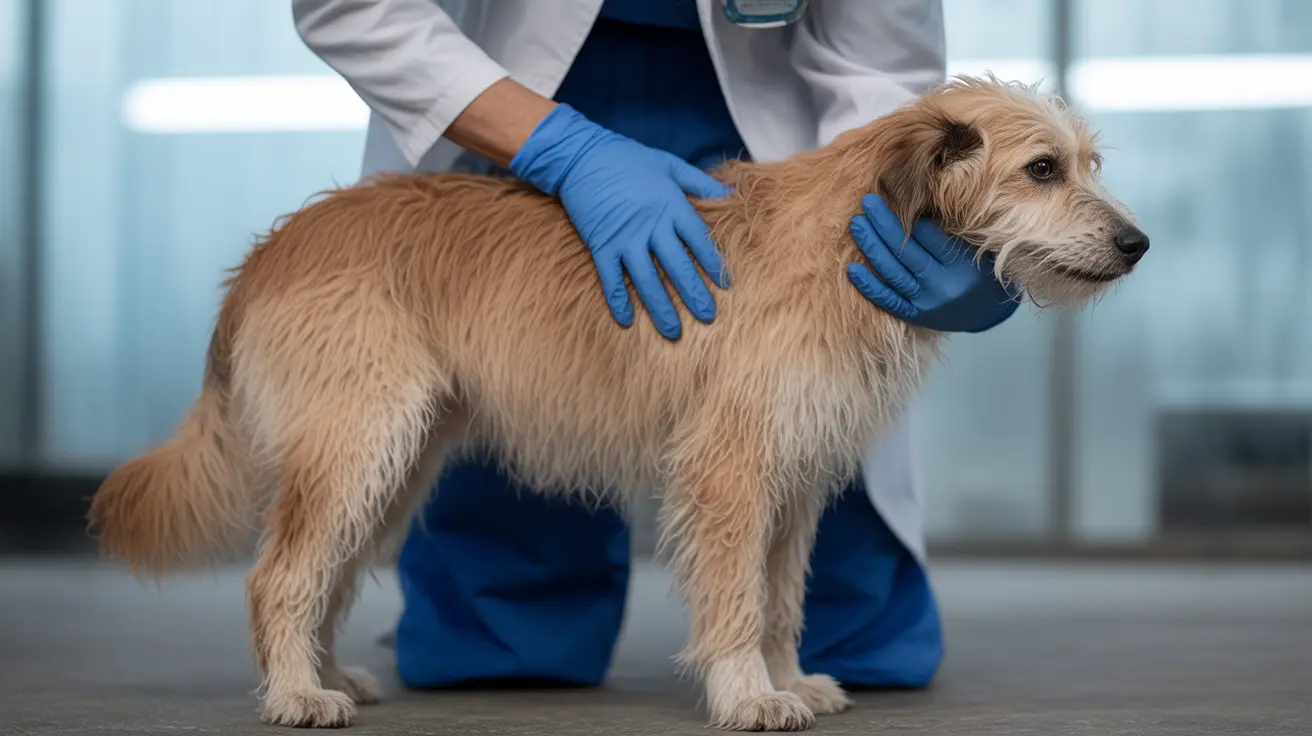What Causes High Magnesium Levels in Cats?
Several factors can contribute to elevated magnesium levels in cats:
Kidney Disease
The most common cause of high magnesium in cats is kidney dysfunction. Healthy kidneys regulate magnesium levels by filtering excess amounts from the blood. When kidneys fail to function properly, magnesium can accumulate to dangerous levels.
Medical Treatments
Some medical interventions can lead to increased magnesium levels:
- Intravenous fluids containing magnesium
- Certain medications, including antacids and laxatives
- Magnesium-supplemented treatments
Dietary Factors
Though less common, dietary sources can contribute to elevated magnesium levels:
- Fish-based diets high in magnesium
- Certain commercial cat foods
- Mineral supplements
Recognizing the Symptoms
Cats with high magnesium levels may exhibit various symptoms, including:
Early Signs
- Lethargy and weakness
- Decreased appetite
- Changes in behavior
- Muscle weakness
Advanced Symptoms
- Irregular heart rhythm
- Difficulty breathing
- Muscle paralysis
- Depression or mental confusion
Diagnosis and Treatment
Veterinarians diagnose hypermagnesemia through blood tests that measure serum magnesium levels. Early detection is crucial for successful treatment.
Treatment Options
Treatment typically involves:
- Intravenous fluid therapy without magnesium
- Calcium administration to counteract magnesium's effects
- Treatment of underlying kidney disease
- Dietary modifications
- Monitoring and adjusting medications
Prevention and Long-term Management
Preventing high magnesium levels involves several key strategies:
- Regular veterinary check-ups
- Monitoring kidney function in at-risk cats
- Appropriate diet selection
- Careful use of magnesium-containing medications
- Proper hydration maintenance
Frequently Asked Questions
What are the common causes of high magnesium levels (hypermagnesemia) in cats?
The most common causes include kidney disease, certain medical treatments (especially IV fluids containing magnesium), and some medications. Less frequently, dietary factors may contribute to elevated magnesium levels.
How can high magnesium affect my cat's health and what symptoms should I watch for?
High magnesium can affect multiple body systems, causing symptoms like weakness, irregular heartbeat, breathing difficulties, and muscle paralysis. Early signs include lethargy, decreased appetite, and behavioral changes.
How is hypermagnesemia in cats diagnosed and monitored by veterinarians?
Veterinarians diagnose hypermagnesemia through blood tests measuring serum magnesium levels. They also monitor other electrolytes and kidney function through regular blood work during treatment.
What treatments are available if my cat has excessive magnesium in its blood?
Treatment options include IV fluid therapy without magnesium, calcium supplementation, addressing underlying kidney disease, and dietary modifications. The specific treatment plan depends on the severity and cause of the condition.
How can I prevent high magnesium levels in my cat, especially if they have kidney problems?
Prevention involves regular veterinary check-ups, appropriate diet selection, careful medication management, and proper hydration. Cats with kidney problems require extra monitoring and may need special diets low in magnesium.
Understanding and managing high magnesium levels in cats requires vigilance and proper veterinary care. By recognizing the signs early and seeking prompt treatment, cat owners can help ensure better outcomes for their feline companions affected by this condition.






